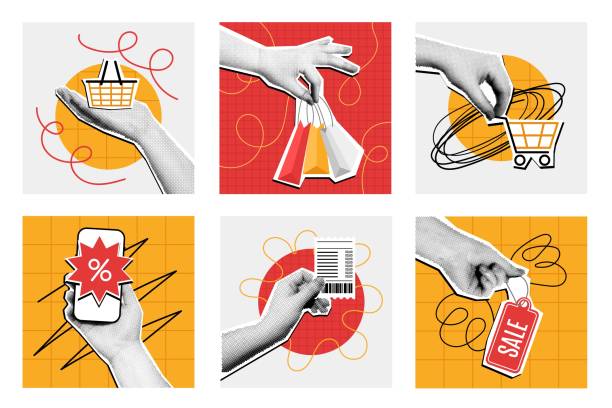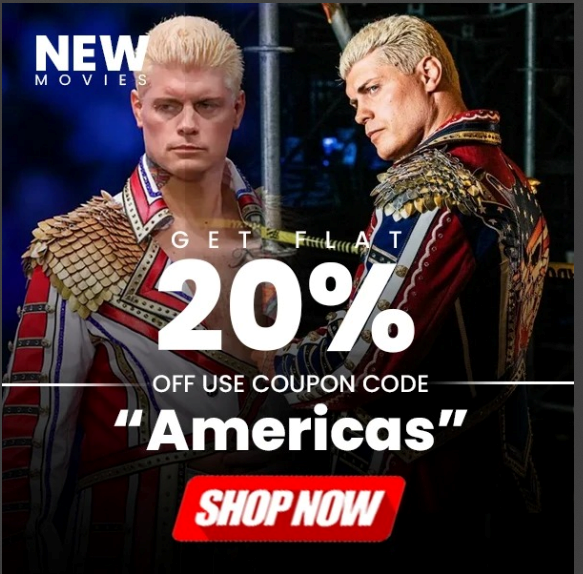
Brand loyalty is no longer what it used to be, especially with Gen Z in the picture. How Gen Z is redefining brand loyalty reflects a new digital-first, value-driven mindset.
Today’s younger consumers evaluate brands based on authenticity and purpose. They are more likely to align with brands that mirror their identity and social values rather than blindly following legacy names.
Traditional brand loyalty emphasized consistency and habit. But for Gen Z, switching brands is easy and common. They embrace choice, competition, and rapid innovation across industries and platforms.
Gen Z is redefining brand loyalty with a focus on personalization, sustainability, and ethics. Their expectations are reshaping how brands must show up online and offline to stay relevant.
Gen Z favors brands that keep it real. They value transparency, honest communication, and humanized interactions. Brands that fake it or try too hard often get ignored or canceled.
This generation grew up with information at their fingertips. They can quickly spot insincerity. Authentic storytelling and behind-the-scenes content help brands earn and maintain Gen Z’s respect.
Social media has made it easier to connect, but also easier to get exposed. Brands that speak in a real tone and show vulnerability tend to resonate better with Gen Z audiences.
Being relatable and truthful builds emotional connections. Brands must align actions with messages if they want to form loyal relationships with this discerning, watchful generation.
Gen Z doesn’t just buy a product—they support a mission. They look beyond features and prices, wanting to understand what a brand stands for and who it supports.
They actively research causes and initiatives behind companies. Whether it’s environmental responsibility or community involvement, Gen Z wants to see real commitment, not performative gestures.
Purpose-driven brands gain long-term fans. Gen Z is more inclined to invest in a brand that reflects their own beliefs and values, even if it costs more than alternatives.
To them, purpose is not a trend—it’s essential. Companies must lead with vision and demonstrate societal contributions if they wish to create meaningful consumer relationships.
Gen Z expects tailored experiences. From curated product suggestions to custom packaging, they love when brands recognize them as individuals with unique preferences and behaviors.
Data is powerful, but it must be used wisely. Gen Z values privacy, so personalized experiences must feel helpful—not intrusive or manipulative—to avoid mistrust or disengagement.
Brands that create exclusive offerings, loyalty perks, or interactive quizzes tend to win over Gen Z hearts. They appreciate brands that understand their likes, needs, and lifestyles.
A one-size-fits-all approach no longer works. Brands must invest in tools and strategies to deliver truly personalized engagement across all touchpoints, both online and offline.
Gen Z lives on social media. Platforms like TikTok, Instagram, and YouTube are not just for entertainment—they’re where brand decisions, discoveries, and communities are formed.
They trust influencers and peers more than brand advertisements. Social proof, user-generated content, and real-time responses shape how Gen Z perceives brand credibility and value.
Brands that are active, interactive, and responsive on social platforms develop stronger ties with Gen Z. Community management is as crucial as creative campaigns.
Social media loyalty isn’t just about follows. It’s about engagement, two-way communication, and giving users a voice. That’s what keeps Gen Z coming back.
For Gen Z, the experience matters more than just having something. They care about how a product or service makes them feel, what it stands for, and how it fits their life.
Subscription models, limited drops, and pop-up experiences attract Gen Z because they offer novelty and emotional involvement. These moments become shareable, memorable events.
The act of unboxing or attending a branded event has become just as important as the product itself. Brands that craft experiences see higher levels of engagement and loyalty.
Ownership without emotion doesn’t work anymore. If a product doesn’t excite, inspire, or connect, Gen Z will move on. Brands must deliver immersive, meaningful experiences to stand out.
Gen Z wants to be part of something. They don’t just follow brands—they co-create with them. Loyalty is rooted in community, not just consumption.
Online groups, Discord servers, fan-made content, and brand ambassadors all drive collective involvement. Gen Z loves to contribute and be acknowledged for their input.
Brands that invite feedback, host AMAs, or spotlight customers build stronger tribes. These communities often advocate more passionately than traditional marketing ever could.
Creating shared values and fostering inclusion helps brands remain culturally relevant. Gen Z thrives on being heard, seen, and celebrated in brand ecosystems.
Ethics matter deeply to Gen Z. They investigate supply chains, labor practices, and environmental footprints. A company’s values can be a deal-breaker or a loyalty magnet.
Greenwashing and virtue signaling don’t work. Gen Z expects transparency, third-party verification, and clear action plans when it comes to social or environmental claims.
They reward brands that lead responsibly. Whether it’s fair trade sourcing or reducing plastic use, ethical action builds emotional loyalty among Gen Z shoppers.
Ethics are now part of brand identity. To appeal to this generation, companies must integrate responsibility into every layer of their operations and communications.
Gen Z grew up in an on-demand world. They expect fast shipping, instant replies, and intuitive interfaces. Speed isn’t a luxury—it’s a baseline expectation.
Long wait times, outdated websites, or clunky customer service drive them away. They gravitate toward brands that remove friction and streamline the shopping journey.
Convenience means mobile-first design, easy returns, and multi-platform access. Brands that adapt quickly to Gen Z’s pace win higher satisfaction and stronger loyalty.
Loyalty isn’t just emotional—it’s also practical. If it’s easy, fast, and hassle-free, Gen Z will keep coming back. Delays or poor UX kill loyalty instantly.
Gen Z is skeptical by nature. They’ve seen brands make big promises and fail. Transparency builds the trust they need to stay loyal to a brand long-term.
They want to know where their money is going. From product ingredients to executive pay, Gen Z respects brands that share openly—even when the truth is imperfect.
Live Q&As, behind-the-scenes content, and open reporting win credibility. They appreciate honesty and progress over polished PR messaging or scripted corporate statements.
Transparency also includes pricing. Hidden fees or vague terms feel deceptive. Clear, honest, and upfront communication keeps Gen Z loyal and less likely to churn.
Representation matters. Gen Z notices when brands showcase real diversity in race, gender, size, ability, and identity. Inclusion builds deeper emotional loyalty.
Diversity isn’t just in marketing visuals. Gen Z wants to know who is in leadership, on teams, and in decision-making roles. It reflects a brand’s internal values.
They expect brands to celebrate all cultures, voices, and identities—not just during awareness months but year-round. Performative efforts are quickly called out.
When Gen Z feels seen and represented, they build deeper bonds with brands. Inclusion is no longer optional—it’s a requirement for loyalty in today’s culture.
Many Gen Z consumers trust influencers more than brands. Influencers act as curators, testers, and reviewers. Their recommendations often outweigh traditional advertising.
They build personal connections with creators. When an influencer vouches for a product, it feels like a friend’s recommendation rather than a paid promotion.
Micro-influencers often hold more sway than celebrities. They’re seen as authentic, niche, and relatable. This trust spills over to the brands they support.
Brands that partner genuinely with creators—not just for sponsorships, but for long-term relationships—earn loyalty through borrowed trust and community alignment.
For Gen Z, loyalty is not forever. It’s ongoing. Brands must continuously show up, improve, and listen to stay in their good graces.
A single misstep can result in backlash, while consistent value delivery builds equity. Gen Z holds brands accountable and rewards those who keep evolving.
Loyalty programs, rewards, and thank-yous help, but sincerity matters most. Gen Z wants to feel appreciated, not just sold to or marketed at.
Every post, email, or product drop is an opportunity to strengthen or weaken loyalty. For Gen Z, loyalty isn’t a contract—it’s a conversation.
This post has been published by the admin of our website, responsible for content management, quality checks, and providing valuable information to our users.






